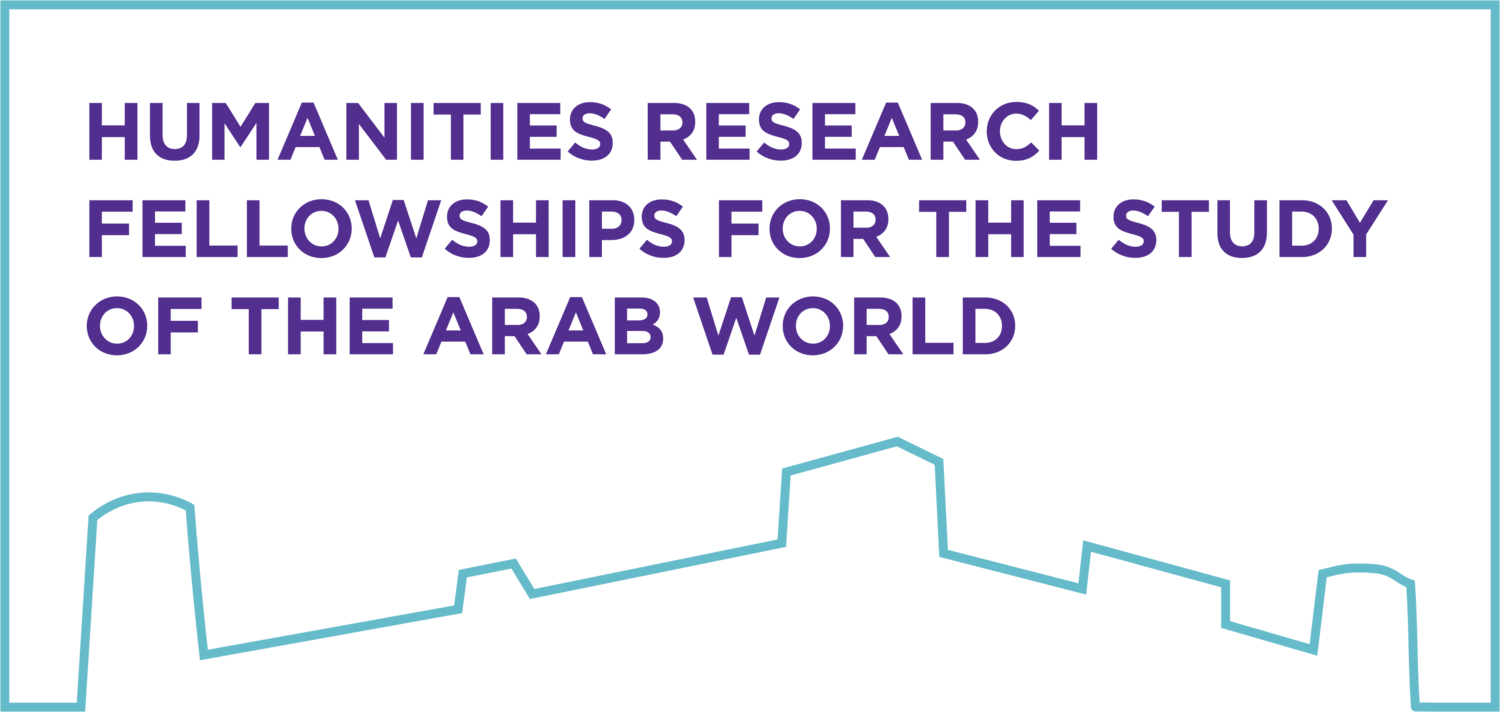According to the historically dominant school of Islamic theology in Morocco, all Muslims must have a basic understanding of creedal doctrine to be of sound standing in the afterlife. What, then, to do with the reality that much of the populace in pre-modern Morocco seemed to lack such an understanding? This presentation examines the ways that Moroccan scholars of the 16th and 17th centuries jockeyed for the authority to answer this question, with some of them promoting the active monitoring, teaching, and disciplining of creedal knowledge among people in their broader communities. The disputes and activities of these scholars not only shed light on their own anxieties but also offer glimpses into the sorts of beliefs held by people beyond their elite circles.
Speaker
Caitlyn Olson, Humanities Research Fellow, NYUAD
Moderated by
Justin Stearns, Associate Professor in Arab Crossroads Studies, NYUAD

